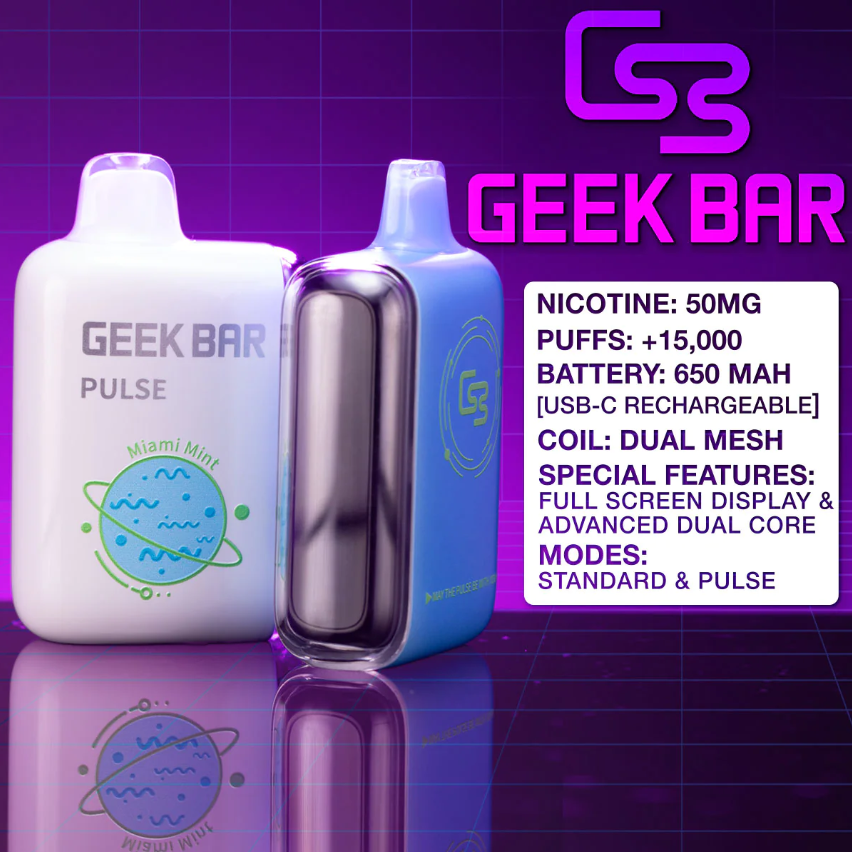US vaping industry looks for answers as Postal Service ends deliveries
The American e-vapor industry faces a major challenge that has nothing to do with selling to minors, concerns over health risks and black-market knockoffs. It has to do with putting its products in the hands of consumers.
On Thursday, the U.S. Postal Service’s ban on the shipping of all vaping products, which was mandated by Congress late last year, took effect. The Postal Service’s exit, combined with existing delivery bans by FedEx Corp. (NYSE:FDX), UPS Inc. (NYSE:UPS) and DHL eCommerce Solutions, the e-commerce unit of German company Deutsche Post DHL (OTC US: DPSGY), leaves the vaping industry with limited options to get its goods to market.
The prohibitions imposed by the four carriers affect online sales to consumers as well as business-to-business transactions between manufacturers, distributors and retailers. There are about 10 million regular vapers in the U.S., according to the American Vaping Association (AVA), a pro-vaping advocacy organization that receives funding from the industry. Between 2.5 million and 3.5 million consumers order vaping products online, the group estimates. It has no data on the size of B2B transactions.
With the Postal Service, which serves every U.S. address, out of the picture, the vaping supply chain, whether in B2B or in the business-to-consumer channel, will need to develop new shipping strategies to remain viable. New models have already sprung up. A company called Vape Freight, founded by Michael Wittenberg, a logistics veteran who also has experience in the vaping industry, is offering B2B customers a portfolio of services ranging from small-package to LTL to container shipping.
On Monday, regional parcel delivery carrier LSO, which has transported vaping products for some time, vowed to step up activity in its 10-state territory, which includes every ZIP code in the company’s home state of Texas. The Austin-based carrier said in a statement that shipping vaping products to residences is similar to deliveries of apparel, food and wine, health and beauty aides, and other legal products. The main difference with delivering products like wine and vaping is they require an adult signature.
“I find it puzzling why other carriers have chosen not to support the vaping market,” said Richard Metzler, LSO’s CEO, in the statement. Metzler said it’s a “head-scratcher for me” as to why carriers treat vaping products any differently from legal products requiring an adult’s sign-off. “Who knows? Maybe they will ban wine deliveries next,” he added.
In an email, Metzler said he’s unaware of any other regional carrier that transports vaping products, though some local delivery firms may. Executives at regional carriers OnTrac and LaserShip, the two largest in terms of geographic reach, did not respond to requests for comment. LaserShip’s parent, private equity firm American Securities LLC, plans to buy OnTrac in a $1.3 billion deal that many expect to lay the foundation for the first national parcel-delivery operation carved out of regional networks.
The Postal Service will allow a limited number of vaping transactions between consumers as long as they are not commercial in nature. Businesses can apply to the agency for permission to sell to other businesses. However, the vaping industry will be governed by the same onerous requirements that apply to cigarette and smokeless tobacco companies in the B2B space, said Gregory Conley, AVA’s founder and president.
For example, applicants must furnish the names and addresses of all the businesses they will ship to, and supply a list of their customers’ licenses. Should a business add customers, or an existing customer changes its address, the application must be updated and approved by the Postal Service before products can be shipped to new addresses, according to Conley. Packages have to be brought into the post office, and each one must be processed over the counter.
The writing was on the wall for the industry last December after President Donald Trump signed a 5,000-page omnibus spending bill that included a law called the Preventing Online Sales of E-Cigarettes to Children Act. Language in the act mandated that the Postal Service ban all shipments of vaping products with limited exceptions. The vaping industry was also brought under the 2009 Prevent All Cigarette Trafficking (PACT) Act, which is designed to fight online sales of untaxed cigarettes.
Under that law, cigarettes and smokeless tobacco could no longer be shipped through the mail, and online sellers had to register with the Bureau of Alcohol, Tobacco, Firearms and Explosives (ATF) and the tax administrators of each state. The PACT Act established standards for private carriers shipping tobacco products to residences and businesses, and created stringent tax collection and reporting rules, with heavy penalties for noncompliance.
The postal ban on vaping products was originally to go into effect at the end of March. However, the process was delayed after the agency was deluged with thousands of comments to the then-proposed rules.
In March, FedEx said it would exit the vaping-delivery business. UPS followed suit a month later, telling affected customers it would no longer ship vaping products within the U.S., or internationally to and from the U.S., because of the “increased complexity” of shipping those goods. The DHL unit had been out of the business well before that.
Conley of AVA suggested the regulatory environment surrounding the delivery of vaping products had become “too murky” for the companies to continue doing business in the space.
 GEEKBAR PULSE 15000: The World’s First Full Screen Disposable
GEEKBAR PULSE 15000: The World’s First Full Screen Disposable
 Australian e-cigarette news
Australian e-cigarette news

